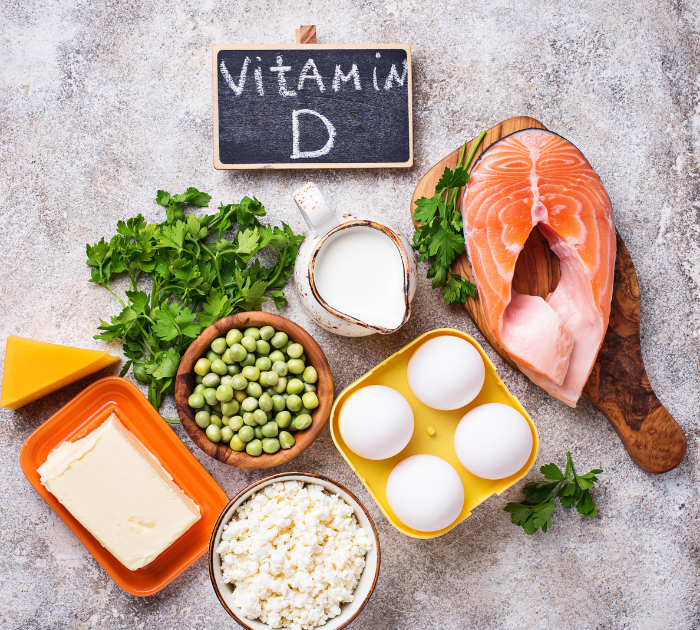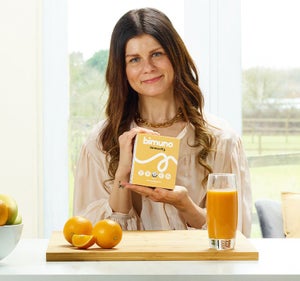The Sunshine Vitamin
Whether you’re jetting off for a summer holiday or simply making the most of some rare winter sun, exposure to sunlight is one of the ways that the body can get Vitamin D, which is why it’s sometimes called the ‘sunshine vitamin’.
But what makes this vitamin so important to the body, and where else can it be found? Below, we put this vital vitamin under the microscope to explore its role in health and wellbeing.
What is Vitamin D?
Despite its name, Vitamin D is actually considered a hormone rather than a true vitamin, and it’s one that the body naturally produces. Direct sunlight on the skin triggers production, as the body reacts to the ultraviolet rays.
How much Vitamin D the body produces through sun exposure is determined by factors including duration of exposure, time of day and season, as well as skin tone and lifestyle. Degree of exposure is another factor i.e. how much of your skin is exposed.
The NHS recommended daily intake of Vitamin D in the UK is 10 micrograms (approximately 400 International Units) as the baseline to prevent insufficiency. However, in the EU the recommendation is higher, and published studies[1] have suggested that the UK guidelines should be raised to match this.
What are the sources of Vitamin D?
For most of the year, the body should be able to produce all the Vitamin D it needs from natural sunlight. However, what about those who live in countries with less seasonal sunshine (like the UK for example)? Or those whose skin doesn’t produce enough Vitamin D from sunlight alone?
What foods contain Vitamin D?

Vitamin D can also be found in a number of foods, which may already be part of your regular diet. Alongside oily fish, Vitamin D rich foods include other red meats and egg yolks, some food products are fortified with Vitamin D through production, such as fat spreads and breakfast cereal. In addition to foods, Vitamin D can also be found in dedicated supplements, or as part of a combined formulation like Bimuno Immunity.
In fact, the UK Government’s Department of Health and Social Care recommends that adults, and children over the age of four, supplement their Vitamin D intake through the year if they’re not often outdoors, or wear clothes that cover most of their skin when outside. [2] However, it is advisable to consult with a qualified healthcare professional for personalised guidance.
What does Vitamin D do?
While Vitamin D plays an important role in many areas of health, it’s traditionally best known for its role in bone health, supporting the mineralisation of bones and teeth through calcium absorption, and supporting muscle growth through phosphate absorption. You can read more about how bone health as we age here

We also connect Vitamin D with mental health and mood, particularly through the colder and darker winter months. Research also suggests that Vitamin D may have a role to play in slowing cognitive decline as we age. [3]

Today, however, health science is uncovering new potential for Vitamin D in supporting immune health. Studies show that Vitamin D has an important role to play in modulating how the body reacts to microbial threats, so could be key in addressing illness. [4]
When we think immune health, we often picture runny noses or white blood cells, but in fact, 70-80% of the body’s immune system is in the gut.
Vitamin D is more than just sunshine on the skin, it could play a much more important role in supporting physical health and wellbeing! Click here to find out more about important vitamins and minerals that support immune health.








